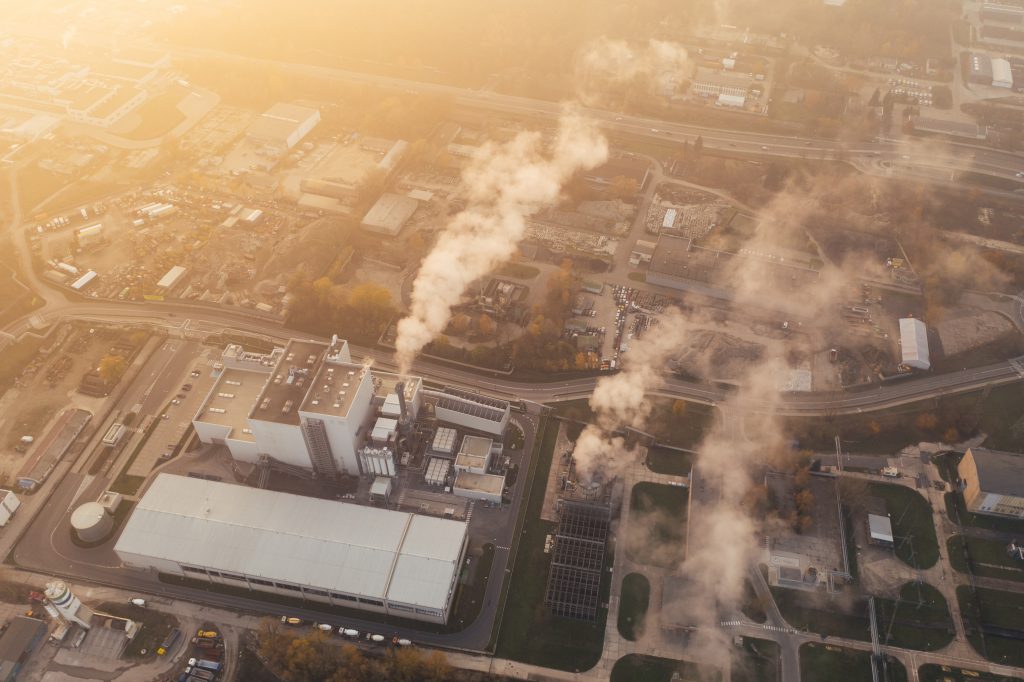U.S. resource recovery company offers sustainable business model to reduce GHGs
When countries and climate leaders gathered at COP21 in 2015 and adopted the Paris Agreement, scientists called for immediate climate action to reduce greenhouse gas emissions in order to limit global warming. Eight years later, climate change is still accelerating, and research suggests the world will cross the 1.5°C warming threshold this decade.
With landfills ranking as the third-largest global source of methane emissions, the urgency for a universal solution to landfill emissions is paramount.
Recology, the largest 100% employee-owned company in the United States waste management industry, offers a sustainability-focused business model to help address the climate crisis—one that can serve as a template for the rest of the industry.
“The waste management industry has long been a major contributor to global methane emissions, but Recology is seeking to change that,” said Recology CEO Sal Coniglio. “Our mission represents a fundamental shift from traditional waste management, which relies heavily on landfills, to resource recovery—which focuses on diverting material away from landfills and instead transforming it into new products through recycling or returning it to the earth through composting,” he continued.
In the era of overflowing landfills and overwhelming plastic pollution, Recology places a strong emphasis on implementing upstream strategies, like landfill diversion through recycling and composting activities. The company currently has ten times more owned-and-operated recovery facilities than active landfills.
Through its collection and processing activities, Recology supported the recovery of more than 1.3 million tons of recyclable and compostable materials in 2022, which avoided the emissions of ten times more greenhouse gases than produced through its operations. These results showcase the tangible impact of the company’s innovative approach, according to Coniglio.
The urgency of addressing landfill methane emissions is underscored by a recent report from the United States EPA, revealing that 58% of fugitive methane emissions at U.S. landfills are attributed to food waste.
Recology pioneered curbside food scrap collection for composting in North America over 25 years ago, which has helped inspire more than 300 cities across the country to adopt similar composting initiatives.
“Our unyielding commitment to diverting materials from landfills must galvanize a global push for advancements in recycling and composting, a critical part of the solution to the climate crisis,” Coniglio said.
Featured Photo by Marcin Jozwiak on Unsplash.



